Evolution of European football competitions
European football competitions have witnessed a significant evolution over the years. The UEFA Champions League, known for its prestigious nature, has traditionally been the ultimate goal for clubs across Europe. However, with the introduction of the Europa Conference League, a new avenue has opened up for teams to compete on the continental stage.
The Europa Conference League, launched in the 2021-2022 season, aims to provide more clubs with the opportunity to participate in European competitions. It offers teams from lower-ranked European leagues a chance to showcase their skills and compete against similar-level opponents. This expansion has not only fueled excitement among fans but has also presented a fresh challenge for managers.
The format and structure of the Europa Conference League
The Europa Conference League follows a similar structure to its counterparts, the UEFA Champions League and the UEFA Europa League. The competition begins with a group stage, where teams are drawn into groups of four. Each team plays home and away fixtures against the other teams in their group, accumulating points based on their performance.
The top two teams from each group progress to the knockout stages, which consist of two-legged ties until the final. The winner of the final is crowned the Europa Conference League champion. The format allows teams to experience the pressure of knockout football while still providing enough games to test their mettle.
Challenges faced by managers in the Europa Conference League
One of the primary challenges faced by managers in the Europa Conference League is the unfamiliarity of opponents. Unlike the UEFA Champions League, where teams often face well-known European powerhouses, the Europa Conference League provides an opportunity for managers to study and adapt to new playing styles and tactics.
Furthermore, the Europa Conference League often features teams from lesser-known leagues, where strategic insights may be limited. Managers must meticulously analyze their opponents' strengths and weaknesses and develop game plans accordingly. This requires a deep understanding of the opposition and the ability to adjust on the fly.
Tactical adjustments and strategies employed by managers
To succeed in the Europa Conference League, managers must make tactical adjustments to suit the demands of the competition. The nature of the tournament often calls for a more pragmatic approach, with teams prioritizing defensive solidity and disciplined performances.
Some managers opt for a counter-attacking style, utilizing the pace of their forwards to exploit spaces left by opponents pushing forward. Others focus on possession-based football, seeking to dominate games and control the tempo. The ability to adapt to different styles of play and switch strategies mid-game is crucial in navigating the challenges posed by the Europa Conference League.
Squad management and rotation in the Europa Conference League
With the Europa Conference League presenting additional fixtures alongside domestic commitments, squad management becomes a critical aspect for managers. Balancing the workload and ensuring players remain fresh and injury-free is essential for sustained success.
Managers often employ squad rotation, giving opportunities to fringe players and young talents to shine on the European stage. This not only helps in managing fatigue but also provides valuable experience and development opportunities for the entire squad.
Impact on player development and opportunities for young talents
The Europa Conference League has opened up avenues for young talents to showcase their abilities and gain invaluable experience at the continental level. Managers, recognizing the significance of player development, often provide opportunities for emerging talents to feature in the competition.
Playing against unfamiliar opponents and experiencing different playing styles helps accelerate the growth of young players, enhancing their overall development. The Europa Conference League has become a breeding ground for future stars, with managers playing a pivotal role in nurturing their potential.
Case studies: Successful managerial approaches in the Europa Conference League
Several managers have showcased their tactical acumen and adapted successfully to the challenges of the Europa Conference League. One notable example is the approach adopted by Sevilla FC manager, Julen Lopetegui. With his vast experience in European competitions, Lopetegui has implemented a possession-based style that allows his team to control games and exploit their opponents' weaknesses.
Another successful approach is demonstrated by AS Roma's manager, José Mourinho. Known for his pragmatism and ability to adapt to different competitions, Mourinho has instilled a strong defensive foundation in his team, making them difficult to break down while capitalizing on counter-attacking opportunities.
Managerial trends and innovations in the Europa Conference League
The Europa Conference League has provided a platform for managers to experiment with new ideas and tactics. Some managers have embraced data analytics to gain insights into opponents' playing patterns and make informed decisions. Others have focused on nurturing a cohesive team spirit and instilling a winning mentality among their players.
Innovations such as advanced video analysis, sports science, and psychological training have also played a significant role in shaping managerial approaches in the Europa Conference League. The competition has become a testing ground for emerging trends and strategies, pushing managers to continuously evolve and stay ahead of the curve.
The future of the Europa Conference League and its impact on European football management
As the Europa Conference League continues to establish itself, its impact on European football management is expected to grow. The competition provides a platform for managers to showcase their skills, attract attention from higher-profile clubs, and advance their careers.
Furthermore, the Europa Conference League's emphasis on inclusivity and opportunities for clubs from lesser-known leagues could lead to a more diverse pool of managerial talent. This could potentially drive innovation and introduce fresh perspectives into European football management.
The Europa Conference League has presented a new challenge for managers in European football. As they adapt their strategies to the demands of the competition, these coaches must navigate unfamiliar opponents, make tactical adjustments, and effectively manage their squads. By embracing innovation and showcasing their tactical acumen, managers have the opportunity to leave a lasting impact on the Europa Conference League and shape the future of European football management.
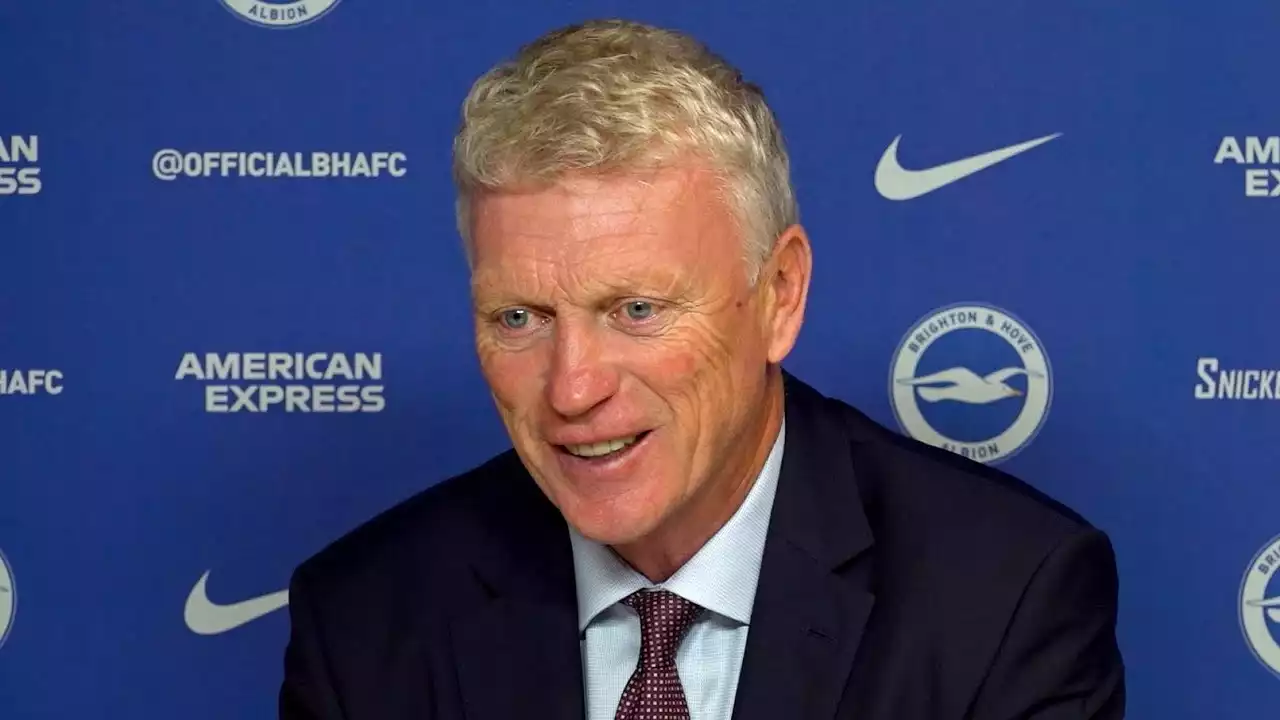
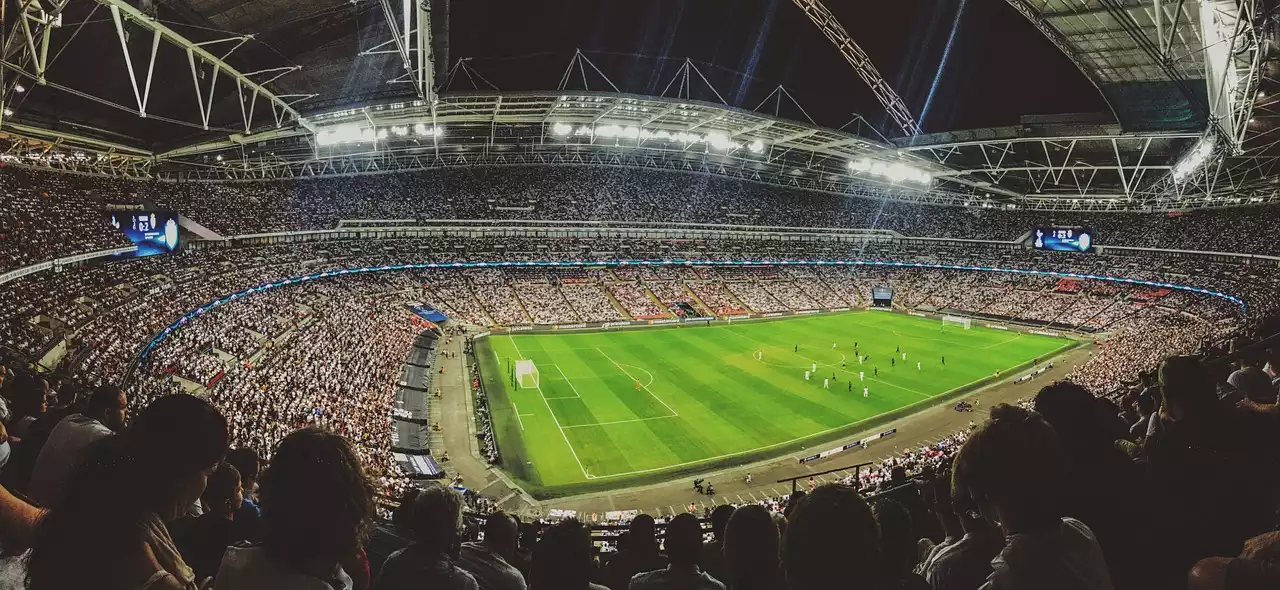
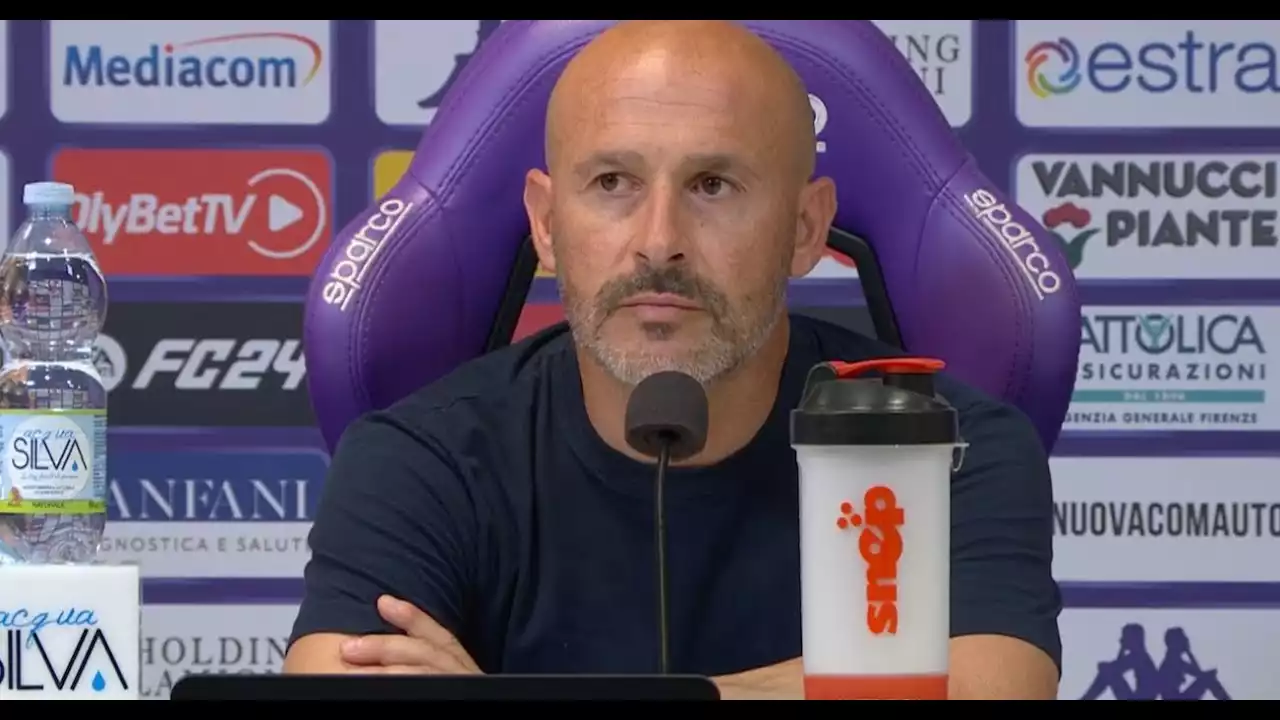
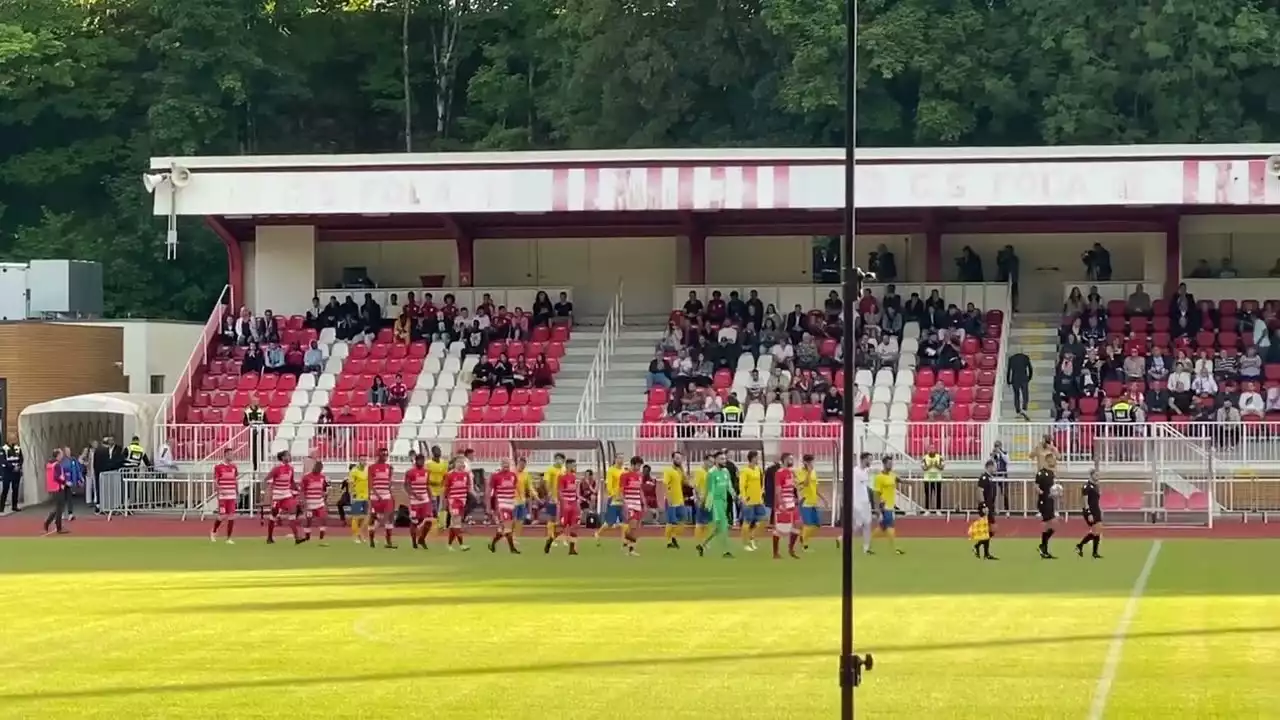
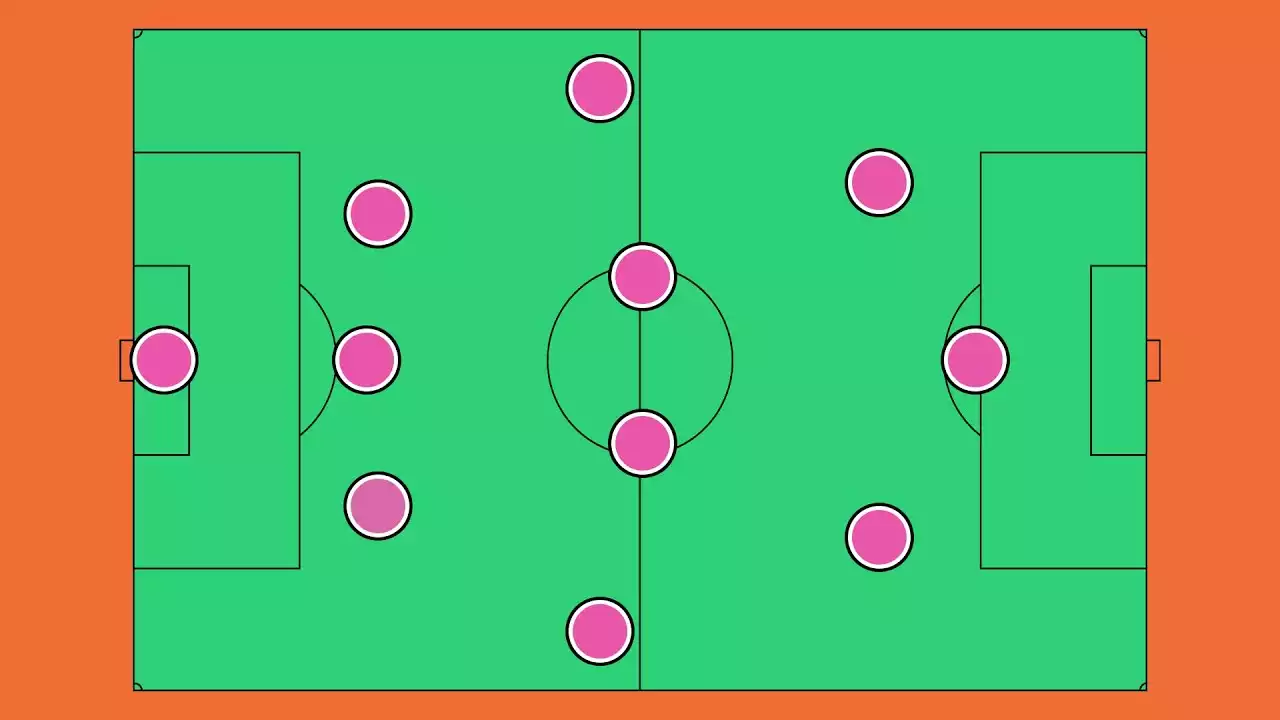

.png?size=50)



